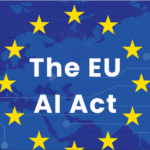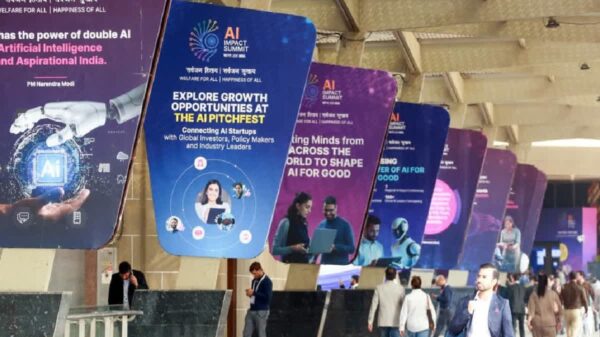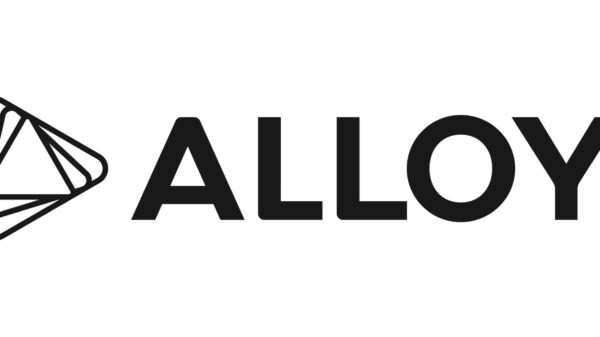Google has firmly rejected allegations suggesting it has been accessing users’ personal Gmail accounts to train its AI models. This response follows a warning from cybersecurity firm Malwarebytes, which reported last week that new features enabled Google’s AI to access private emails and files.
Malwarebytes later issued a significant correction, acknowledging that its initial interpretation of the situation may have been misleading. The company stated that the “way Google recently rewrote and surfaced [the features] led a lot of people (including us) to believe Gmail content might be used to train Google’s AI models, and that users were being opted in automatically.” Upon further examination of Google’s documentation and additional reporting, Malwarebytes conceded that the initial claims did not appear to be accurate.
A Google spokesperson also characterized the assertion as “misleading,” confirming that the company has not altered any user settings. “Gmail Smart Features have existed for many years, and we do not use your Gmail content for training our Gemini AI model,” the spokesperson stated. They emphasized that the company maintains transparency regarding changes to its terms of service and policies.
The uproar surrounding this issue underscores a broader backlash against technology companies that are perceived to be pushing AI capabilities onto users without adequate consent. Other platforms, such as SoundCloud and WeTransfer, have faced scrutiny for quietly updating their terms of service to allow the training of AI models on user-generated content. This has fueled skepticism and concern about user privacy and data handling practices within the tech industry.
As the debate over AI ethics continues to unfold, questions about transparency and user consent remain paramount. The ongoing scrutiny of major tech firms reflects a growing public wariness regarding how personal data is utilized, particularly in training AI systems that are becoming increasingly prevalent across various sectors.
See also EU Approves Groundbreaking AI Act, Establishing Global Regulation Framework by 2025
EU Approves Groundbreaking AI Act, Establishing Global Regulation Framework by 2025 Alphabet Shares Surge 6% as Gemini 3 AI Outperforms Rivals, Nvidia Faces New Threat
Alphabet Shares Surge 6% as Gemini 3 AI Outperforms Rivals, Nvidia Faces New Threat Worldpay Launches MCP to Transform AI into Active Payment Agents for Seamless Commerce
Worldpay Launches MCP to Transform AI into Active Payment Agents for Seamless Commerce Amazon Announces $50 Billion Investment to Expand AI and Supercomputing for US Government
Amazon Announces $50 Billion Investment to Expand AI and Supercomputing for US Government Nokia Commits $4 Billion to U.S. AI-Ready Networks, Boosting R&D and Manufacturing Capacity
Nokia Commits $4 Billion to U.S. AI-Ready Networks, Boosting R&D and Manufacturing Capacity































































